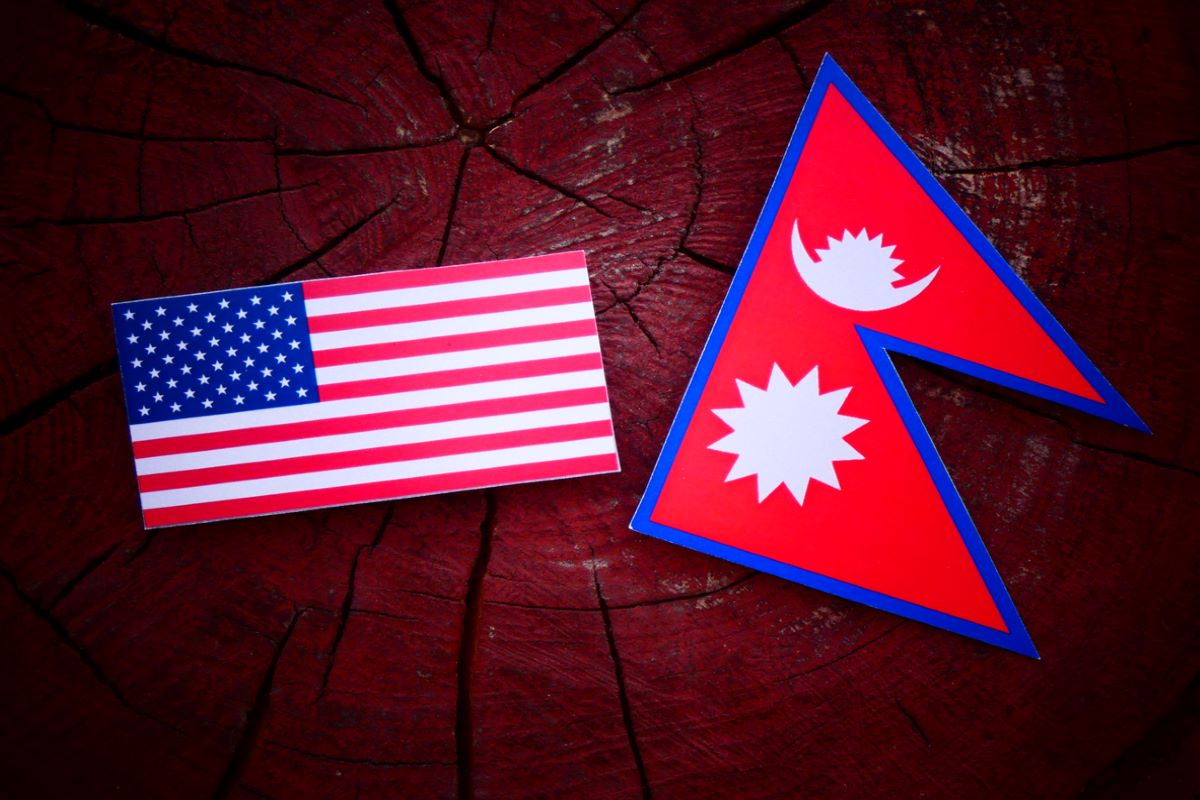Nepal, Qatar agree to increase cooperation in various sectors
The governments of Nepal and Qatar on Wednesday reached agreements on bilateral cooperation in various sectors.
A meeting of the ruling coalition has now decided to ratify the MCC agreement by incorporating the Government’s answers and “interpretative declaration” of the questions raised in Parliament. That declaration had stated that Nepal will not be part of the US-led Indo-Pacific Strategy. Nor for that matter will Nepal be part of any military alliance.

representational image (iStock photo)
Nepal’s House of Representatives has crossed a legislative impediment five years after a $500 million grant from the United States was signed and 75 years since the launch of diplomatic relations between the two countries. The House has ratified on Sunday the Millennium Challenge Corporation compact, describing it as an “interpretative declaration”.
The grant has profound political significance no less. People in general had been divided over whether the Himalayan country should accept the American grant which is often referred to as part of what they call the “Indo-Pacific Strategy”. Notably, the Communist parties had opposed the MCC Compact which had brought the Sher Bahadur Deuba government to the verge of collapse.
A meeting of the ruling coalition has now decided to ratify the MCC agreement by incorporating the Government’s answers and “interepretative declaration” of the questions raised in Parliament. That declaration had stated that Nepal will not be part of the US-led Indo-Pacific Strategy. Nor for that matter will Nepal be part of any military alliance. The eleven-point “interpretative declaration’’ includes the point that “the parties will not consider MCC to be a part of US military strategy”.
Advertisement
The MCC compact will not be above Nepal’s Constitution and laws. The ruling coalition has said the MCC Compact will be utilised only as financial assistance. The audit will be conducted by the Comptroller and AuditorGeneral. The parties have indicated that they would even revert the decision on condition that there is political consensus.
A not dissimilar grant/ assistance that Sri Lanka had received was rejected by the government in Colombo reportedly at the behest of China. Sri Lanka was forced to withdraw the MCC grant.
The US government’s Millennium Challenge Corporation signed a $500 million compact with the Government of Nepal in September 2017. It aimed at meeting the quality of roads, increasing the availability and reliability of electricity, and facilitate the transmission of cross-border electricity and trade between India and Nepal. This will help spur investment, accelerate investments, result in economic growth, provide employment and thus hopefully reduce poverty.
According to the Millennium Challenge Corporation, the reliability of key infrastructure will posit the country’s economy on a “firmer growth trajectory”, advance stability, support regional security, and reduce poverty. An additional $ 130 million contribution from the government in Kathmandu in support of the compact ~ the largest contribution in Nepal’s history ~ will yield even greater impact and benefits for the people of Nepal. Economic relations between the United States of America and the Himalayan country will now hopefully be on an even keel, and in the midst of wartime ferment in a distant swathe of the world.
Political stability is imperative for Sunday’s ratification of an economic compact to be effective, even beneficial to the people. Far from inter-party bickering, this ought to be the primary compulsion of parties and politics in the Kathmandu court.
Advertisement